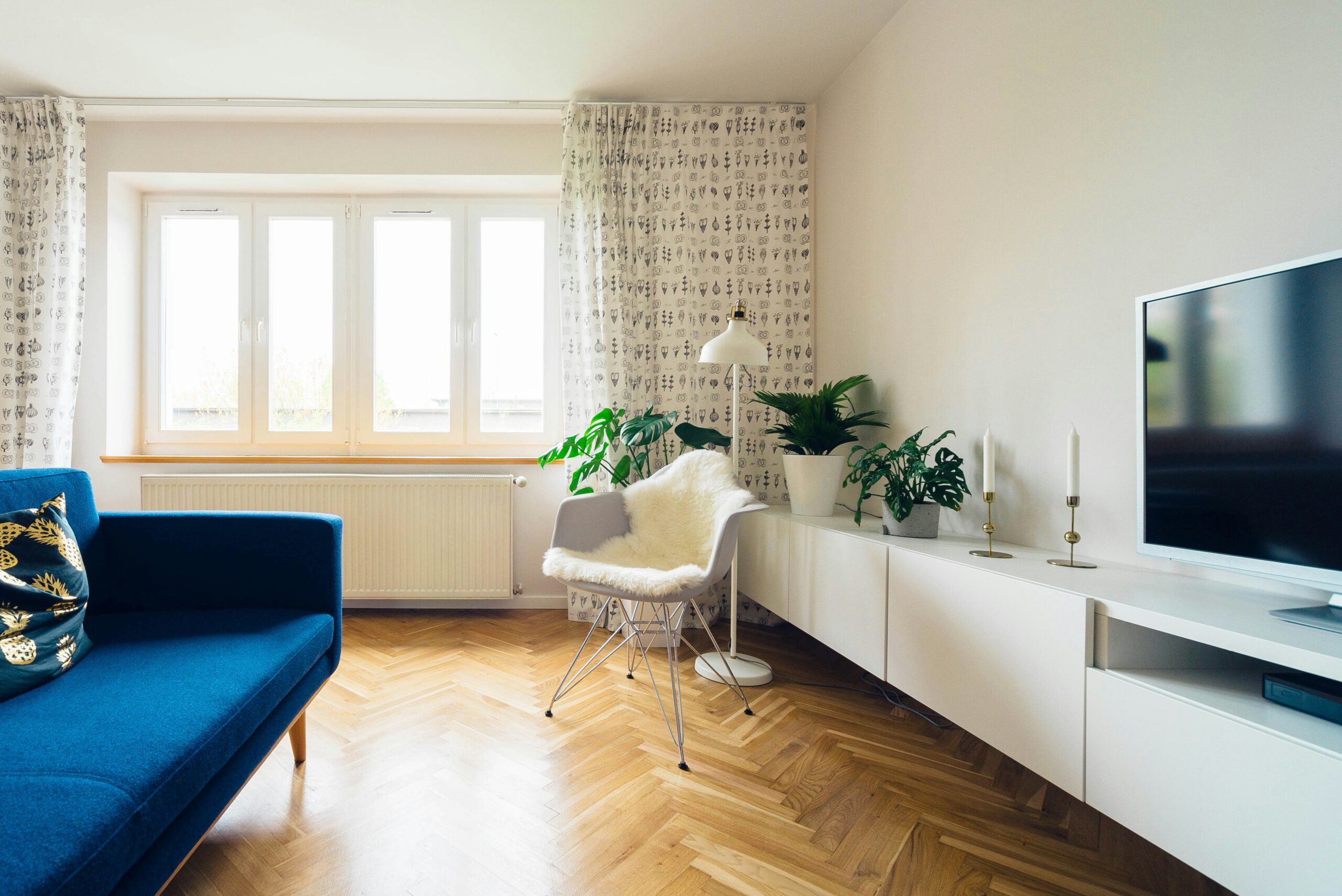- List of tenant’s obligations
- Paying rental charges (utilities)
- Use of housing
- Tenant’s home insurance
- Property damages
- Property maintenance
- Residence tax (taxe d’habitation)
- Subletting
Knowing your legal rights and obligations regarding housing when searching for and relocating to a new home will ease your negotiations with potential landlords and lessen your stress.
List of tenant’s obligations
- Take out tenants’ liability insurance (assurance risques locatifs)
- Pay the rent on time
- Compensate taxe d’habitation
- To pay service charges (“charges locatives”): water, electricity, communal maintenance in an apartment
- Use the property only for the purpose stated in the tenancy agreement
- Maintain the property, its equipment, and fittings to a certain standard (to do specific minor maintenance work)
- Carry out the minor repairs you are responsible for, filling in any holes you made, changing light bulbs, clearing blocked pipes, etc.
- Tenants must be responsible for any damage unless the landlord, an uninvited person on the property, or force majeure (circumstances outside of their control) causes it.
- Grant the landlord access to the property by prior appointment to carry out works or enable future tenants to visit it.
-
The tenant must keep all rent receipts from the owner or the owner’s agent since they document rent payments. The owner does not need to give a receipt unless the tenant requests one.
Unless agreed in the lease contract, a tenant may not:
- Use the property for commercial purposes
- Sublet without written agreement from the landlord
- Make any significant changes or transformations to the property or structures without the landlord’s consent
Paying rental charges (utilities)
When you rent accommodation, you pay “a provision for charges” monthly. This corresponds to a cost estimation linked to the production of water or electricity, for example.
You should receive a final calculation for regulation once per year. Your landlord must send you an invoice concerning the nature of these charges.
Landlords usually arrange the utilities in furnished apartments and include the costs in the rental price. However, if you’re renting an unfurnished apartment, you must arrange the utilities yourself.
This typically involves contacting the relevant companies (e.g., electricity, gas, water) to set up accounts in your name. You’ll then be responsible for paying the bills directly to these companies.
The accommodation usage fees may include the following expenses:
- Services such as water consumption, communal heating consumption, and lift repairs.
-
Expenses related to the maintenance and minor repairs of communal areas.
Utility providers in France typically divide their bills into three sections. The initial expense is your subscription cost (abonnement), which is based on the rate you have chosen. Depending on your tariff, there may then be a usage charge based on your actual usage. After that, there will be additional costs for taxes and local fees. Usually, you have to pay for all of these expenses at once.
For clarity purposes, you need to ask your landlord or its agent to include the taxes that need to be paid by each party in the contract. For instance, property tax, city taxes, utility taxes, maintenance of communal areas taxes, etc.
Use of housing
Tenants have to utilize the rental property in line with the terms of the agreement.
For instance, the apartment might only be rented out for household usage. In this instance, the tenant is not allowed to conduct any commercial activity that would cause a nuisance within the premises (mainly if it entails receiving clients or merchandise).
Tenants renting an apartment in a condominium are subject to the co-ownership regulations. For instance, these rules may restrict or outlaw specific behaviors, such as hanging bed/table linen on windows, setting up a barbecue area, adding canisse or bamboo to balconies, and placing flower pots on windowsills.
In general, the tenant is required to use the space in a way that preserves the neighborhood’s peace.
Tenant’s home insurance
In France, tenants must acquire house insurance for their rented property. If the tenant cannot provide a certificate of homeowners insurance, the landlord may refuse to hand over the keys to the tenant. The tenant may, nevertheless, purchase house insurance from any provider.
Property damages
Whatever deterioration that might happen during the tenancy is the tenant’s responsibility. Therefore, before signing the lease, it is imperative to create an exhaustive inventory report on the state of the property. You can find out how to conduct the état des lieux (property condition report) in our comprehensive guide on How to rent an apartment in France.
Property maintenance
Tenants are responsible for all routine maintenance, minor repairs, and any more extensive repairs arising from the tenant’s misuse.
Obtaining the landlord’s written consent is crucial before modifying the property or equipment. If changes are made without the landlord’s approval, the tenant will not be entitled to compensation. So, it’s always better to have authorization to avoid any potential disputes.
At the end of their leasing agreement, tenants are liable for basic repairs like filling in drill holes and repainting walls to their original color. Still, they cannot make significant structural changes (like demolishing a wall).
Additionally, the landlord may ask that you return the property to its original state if the alterations harm its security or usefulness.
Examples of repairs that are the tenant’s responsibility
Maintenance of interior areas
- Keep the apartment clean
- Touch-up of paintwork and wallpaper
-
Wardrobe and lock repairs
Plumbing
- Unblocking of water pipes, replacement of seals and collars
- Emptying septic tanks
- Minor repairs to fittings and replacement of gas pipeline accessories
- Cleaning of lime deposits
-
Replacement of shower hoses
Electricity
-
Replacement of switches, sockets, circuit breakers, fuses, bulbs
Equipment maintenance
- Sweeping of smoke, gas, and ventilation ducts routine
- Boiler maintenance (should be done once a year plus when needed)
-
Maintenance of the appliances mentioned in the lease: washing machine, fridge, dryer, extractor hood…
Alternatively, the government has provided a detailed list of the tenant’s repair obligations here.
If the lessee carries out alterations to the premises or its equipment without the written consent of the owner, the owner may, upon the departure of the lessee (at the end of the lease):
- Keep the conversions without compensating the tenant for the cost of the work done;
- Require the tenant to immediately return the unit to its pre-construction condition at the tenant’s expense;
- If the alterations jeopardize the proper functioning of the equipment or the security of the premises, the owner may demand the immediate restoration of the premises at the tenant’s expense.
Residence tax (taxe d’habitation)
Additionally, tenants can be responsible for the taxe d’habitation (residence tax) and other utility expenses associated with their living space. This tax, known as the taxe d’habitation, or Housing or Residence tax, is paid to either long-term tenants (those with a one-year lease) or the property owner.
It covers furnished second homes (apartments and houses) and associated buildings (garages, private parking, and outbuildings).
However, the taxe d’habitation in France changed in 2023. You no longer have to pay this tax for your primary home.
Suppose a landlord has a second home they rent out to tenants as their primary residence. In that case, it’s considered the tenant’s primary residence, and the landlord is not required to pay taxe d’habitation for that property.
This usually only applies to long-term rentals. Second residences used for Airbnb-type services are generally excluded.
So as long as you’re renting a property in France that is your primary residence, you don’t have to pay taxe d’habitation. This is true even if the place you’re renting is a second home for your landlord.
Ultimately, deciding who should pay the housing tax depends on various factors and can be complicated. So, we recommend tenants and landlords consult the French tax authority website or a legal and financial expert to inform themselves of their rights and responsibilities under French law.
Subletting
While you, as the tenant, are free to use your rental home however you see fit, you are not permitted to sublease the property without obtaining a written agreement from your landlord. Check out what subletting is and what legal considerations apply.
Please note: This article does not constitute legal advice – the information on this page has been prepared solely for your information. As we are not a law firm and act as a platform, we can and may share our estimations, but we cannot give you legal advice for your individual further proceedings.









